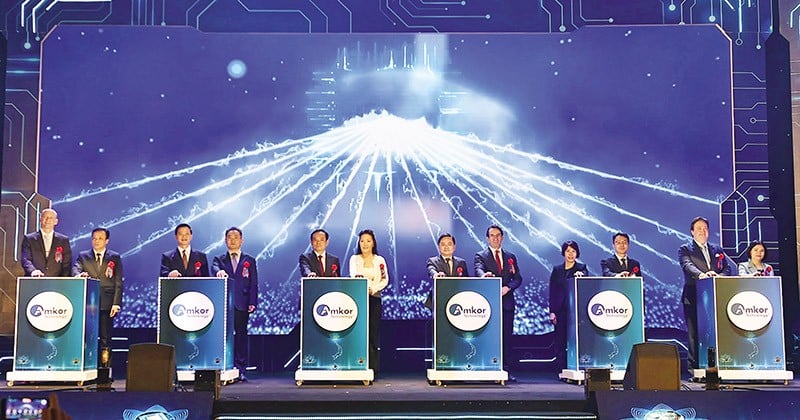 |
| Inauguration ceremony of Amkor Technology Vietnam Factory at Yen Phong II-C Industrial Park ( Bac Ninh ). (Source: Investment Newspaper) |
The world needs Vietnam
The $1.6 billion semiconductor factory, of which phase I is $520 million, of Amkor Technology (USA) was officially inaugurated on October 11, just after Hana Micron (Korea) put its second semiconductor factory in Bac Giang into operation less than a month.
“This is one of Amkor’s most advanced factories. The factory’s operation will facilitate the formation and development of the semiconductor ecosystem in Vietnam,” said Mr. Kim Sung Hun, General Director of Amkor Technology Vietnam.
Mr. Choi Chang Ho, Chairman of Hana Micron Group, said that Hana Micron Vietnam will be the number 1 production base in the Group's business activities. Hana Micron also plans to increase project investment capital in Vietnam to more than 1 billion USD by 2025.
The consecutive inauguration of two large-scale semiconductor projects in a short period of time has demonstrated Vietnam's attractiveness as an emerging destination in the semiconductor sector.
Perhaps it is no coincidence that Vietnam has now become the focus of attention in the global semiconductor supply chain. In July 2023, when visiting Vietnam, US Treasury Secretary Janet Yellen said that over the past decade, Vietnam has emerged as an important node in the global semiconductor supply chain.
Sharing about the Biden administration's initiative to locate production in "friendly" countries, Secretary Janet Yellen said that the US is looking to cooperate with a large network of trusted economic partners in areas such as trade and climate, including developing countries and emerging markets like Vietnam.
The affirmation was even stronger when, during his visit to Vietnam in September 2023, President Joe Biden said: “We will strengthen the supply chain, cooperate more closely together, invest in science - technology, innovation, and green energy to bring prosperity to all of us.”
The two sides have agreed on cooperation agreements in the fields of science, technology, and innovation, including semiconductors. The White House statement at that time also said that the new Memorandum of Understanding on cooperation on the semiconductor supply chain, workforce, and ecosystem development in this field will formalize this bilateral partnership, aiming to expand the capacity of the semiconductor ecosystem in Vietnam and support the development of the US industry.
In fact, this is a mutually beneficial cooperation. The US needs Vietnam as an important part of the semiconductor supply chain, an industry that is very “hot” globally, because most industries in the 4.0 era need semiconductor chips, from electric cars to mobile devices…
And not only the US, but also Japan, South Korea, Taiwan (China)… They also need and consider Vietnam as an important part of the global supply chain. The projects of these investors continue to move to Vietnam. If in the past, in the manufacturing sector, Vietnam was the center of the “China +1” model, now, in the semiconductor sector, it is “Taiwan +1”. Taiwan is one of the world’s leading semiconductor manufacturing locations. Vietnam, with the conditions and potential to stand next to Taiwan, becomes a new “stronghold” of the global semiconductor industry.
Vietnam is attractive not only because of its stable politics, attractive investment environment, quality human resources, etc., but also because it owns rare earth mines with the second largest reserves in the world. Currently, both the US and South Korea want to cooperate with Vietnam in this field.
As for Vietnam, it also needs American investors in particular and foreign investors in general to "realize Vietnam's policy of proactively participating in the fourth industrial revolution", as Minister of Planning and Investment Nguyen Chi Dung said.
Vietnamese businesses are ready
The ultimate goal of all cooperation is to promote breakthrough economic development and promote Vietnamese enterprises to participate more deeply in the global value chain. The spillover effect that Vietnam expects is there.
After 35 years of attracting foreign investment, despite continuous growth, Vietnamese enterprises are still somewhat on the sidelines of the global supply chain. But this time, the story seems different. Many Vietnamese enterprises are ready, even very excited about new cooperation plans to promote innovation and the semiconductor industry in Vietnam.
FPT is one such corporation. In fact, with the cooperation agreements heating up day by day recently, FPT has opened a separate company specializing in semiconductor manufacturing. FPT University has also just opened a semiconductor major with the goal of developing human resources in this field.
According to Mr. Truong Gia Binh, Chairman of FPT Corporation, 70 million FPT chips have been ordered by partners from Korea, Japan, and Taiwan (China). “When we become a chip center of the world, our work is immense,” Mr. Binh said.
It was also Mr. Truong Gia Binh, right at the Vietnam - US Summit on Innovation and Investment, held within the framework of President Joe Biden's visit to Vietnam, who announced a cooperation plan with LandingAI - a pioneer in the field of computer vision and artificial intelligence (AI) in Silicon Valley (USA) to accelerate the process of bringing AI into training in FPT's education system.
Mr. Truong Gia Binh proposed that the US Government have comprehensive support policies to turn Vietnam into a country with an attractive semiconductor ecosystem, and committed to supporting the training of about 30,000 - 50,000 human resources in the semiconductor industry.
Just a short time later, while accompanying Prime Minister Pham Minh Chinh on his visit to the US, Mr. Truong Gia Binh announced cooperation with Silvaco Company (USA) to develop semiconductor human resources and business development in this potential field.
Specifically, Silvaco, FPT Semiconductor JSC, and FPT University committed to cooperate in developing human resources for semiconductor companies in the US. The parties also cooperated to establish the Vietnam Semiconductor Training Center to promote human resource development under the Government's program.
Not only Mr. Binh, but also leaders of large Vietnamese corporations such as MoMo, VNG, BRG, VinFast... are very excited about new cooperation plans in the fields of innovation and semiconductor industry.
Mr. Le Hong Minh, General Director of VNG, said that VNG is looking for partnerships with American companies in the fields of cloud computing and AI, and is building large language models specifically for Vietnamese based on open source code from American technology companies. Meanwhile, CEO of MoMo Nguyen Manh Tuong wants to become an important factor contributing to the rapid digital transformation of the Vietnamese economy...
Waiting for more "catalysts"
Many great opportunities are opening up and Vietnamese businesses are ready. But perhaps, there still needs to be policy "catalysts" to accelerate this process. At the Vietnam Business Summit, held at the end of September 2023, providing policy advice to the Vietnamese Government, Mr. Arnaud Ginolin, General Director of Boston Consulting Group Vietnam (BCG) said that it is important for Vietnam to clearly identify which stages it wants to participate in, such as design, production or testing, packaging, etc. In addition, it is necessary to build a strategy that is both bold and realistic to maximize development opportunities for the Vietnamese semiconductor industry.
Regarding this issue, Minister Nguyen Chi Dung said that the Government has assigned the Ministry of Planning and Investment, the Ministry of Information and Communications, and other ministries and sectors to develop an action plan and strategy to develop the semiconductor industry in Vietnam. A human resource development project with the goal of forming a team of 50,000 engineers and experts for the semiconductor industry by 2030 has also been developed.
When the strategy is completed, Vietnam will have full potential and opportunities, as well as policies to promote innovation, develop the semiconductor industry, and more importantly, can create conditions to "pull" not only large foreign corporations, but also Vietnamese ones to play together in an attractive "playground".
Vietnam's establishment of the National Innovation Center (NIC), scheduled to be officially inaugurated on October 28, will be an important boost to promote innovation, thereby creating a breakthrough for the economy, as well as creating favorable conditions for Vietnamese enterprises to participate more deeply in the global value chain.
Mr. ST Liew, Vice President of Qualcomm CDMD Technologies Asia Pacific Pte. Ltd, and President of Qualcomm Southeast Asia, Australia and New Zealand, in a recent interview with the press shared about Qualcomm's cooperation with VinAI, SonKim Lanh, Viettel, Phenikaa University in developing 5G, AI... in Vietnam.
Mr. ST Liew said that Vietnam is a "bait" market, very good and fertile for testing technologies, especially 5G solutions, applications in smart cities, smart education, smart healthcare, agriculture, private networks... He mentioned Viettel, VinAI, SonKim Land or Phenikaa as "lighthouses" for this process.
Certainly, in Vietnam, many “lighthouses” are ready to lead the global game. That is a guarantee for Vietnam’s even more successful future.
Source


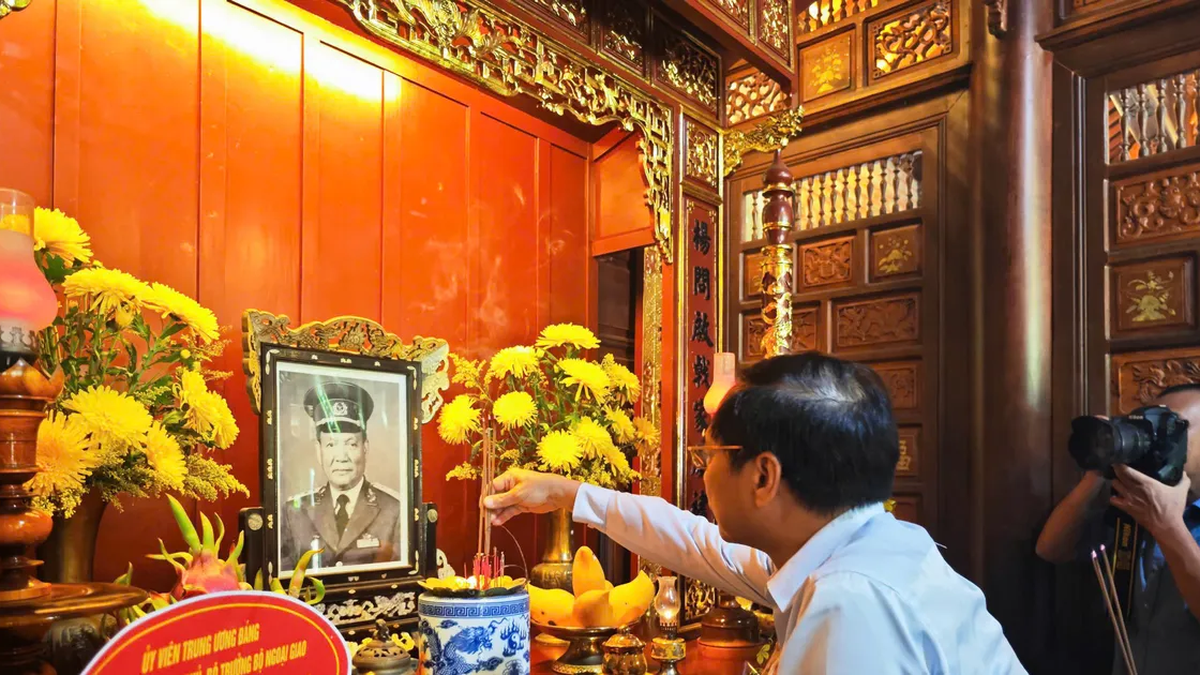
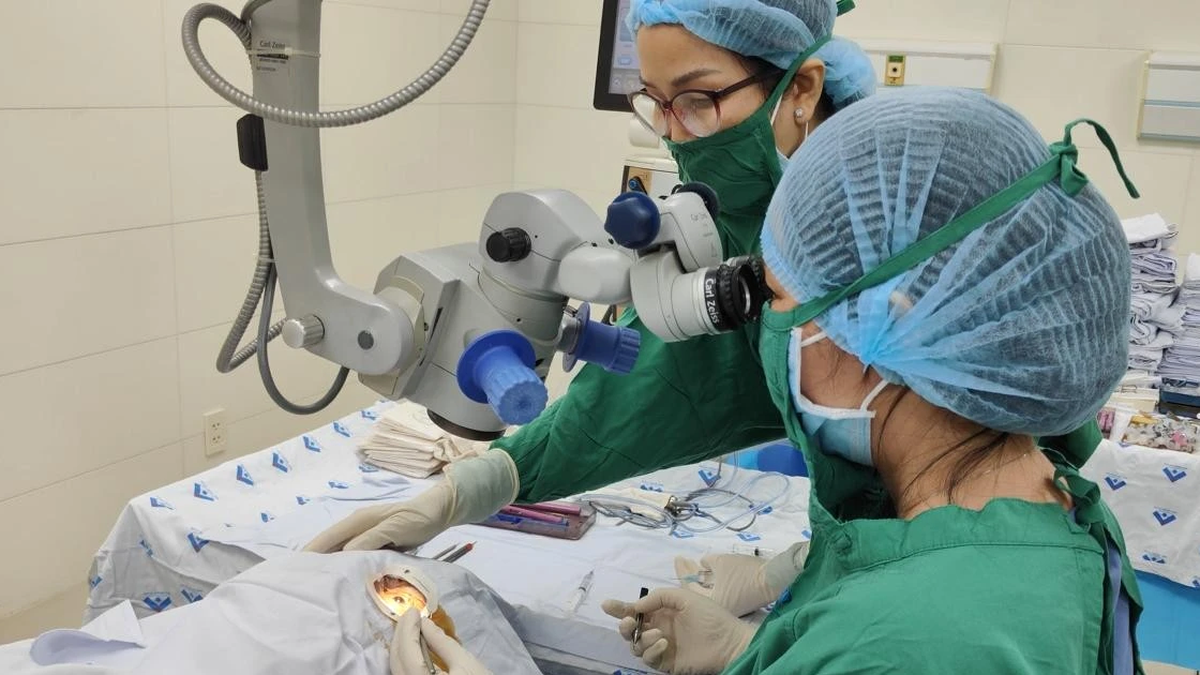
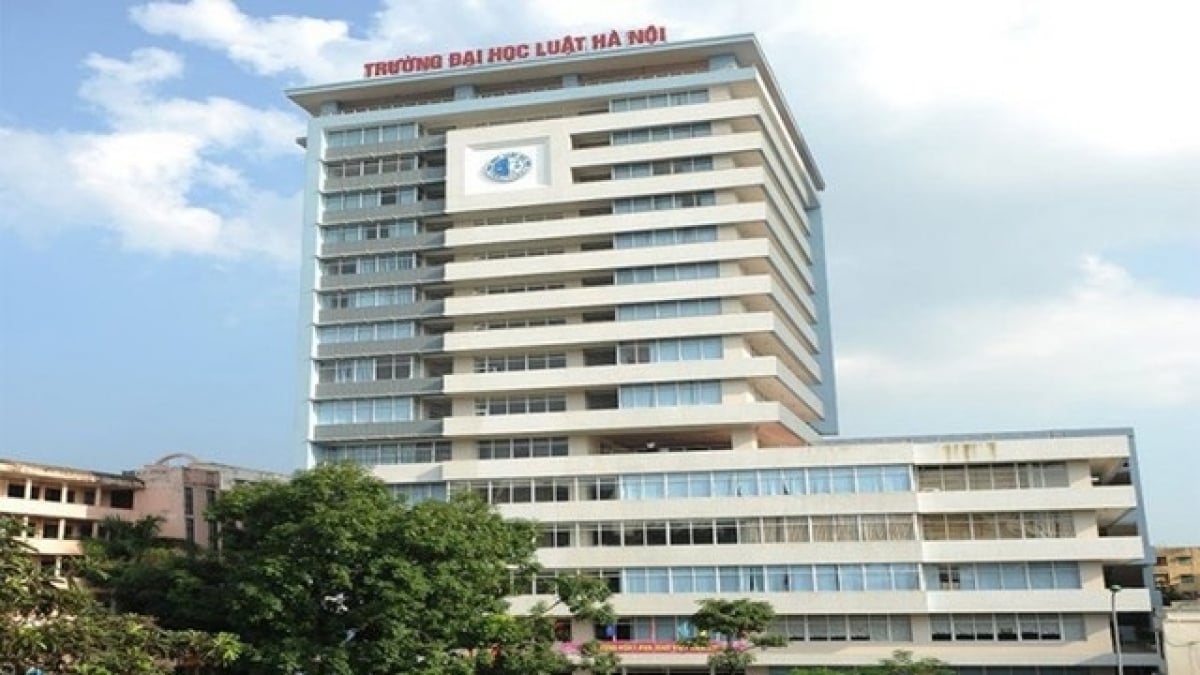
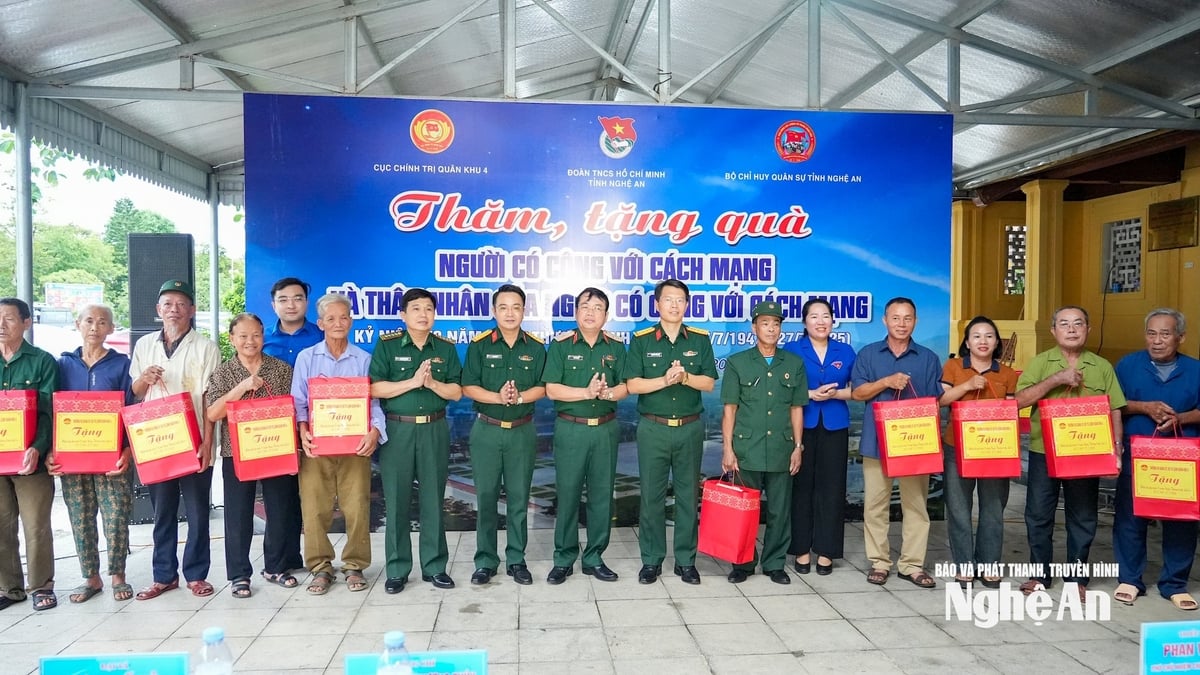
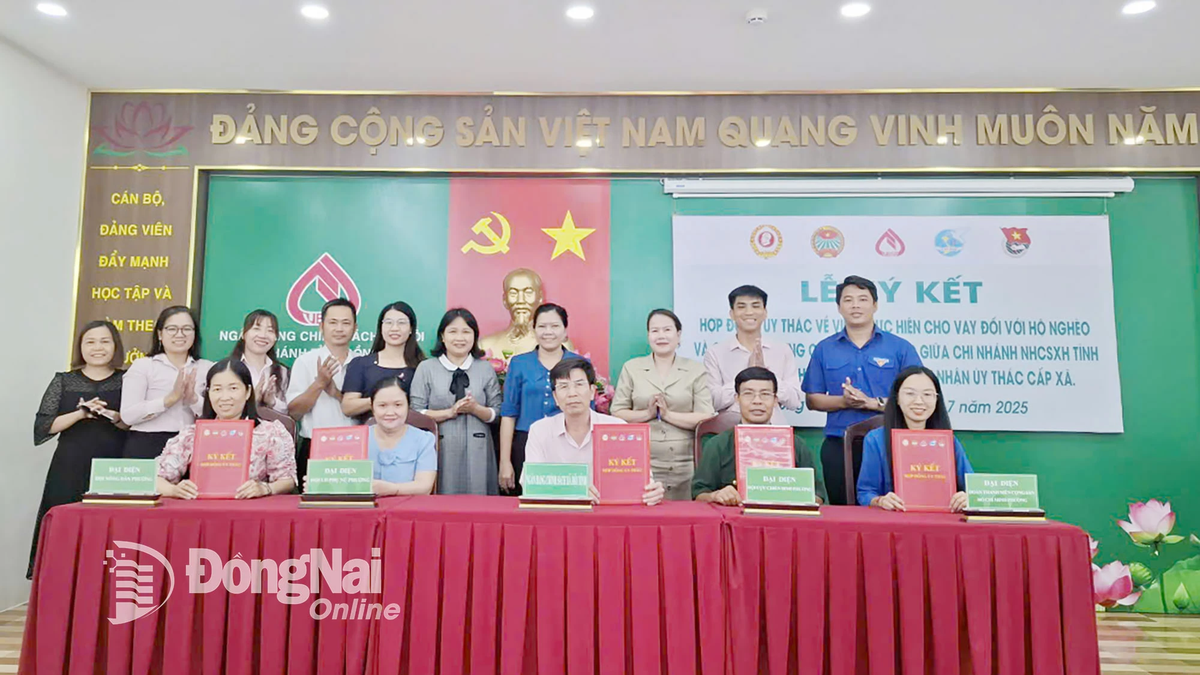


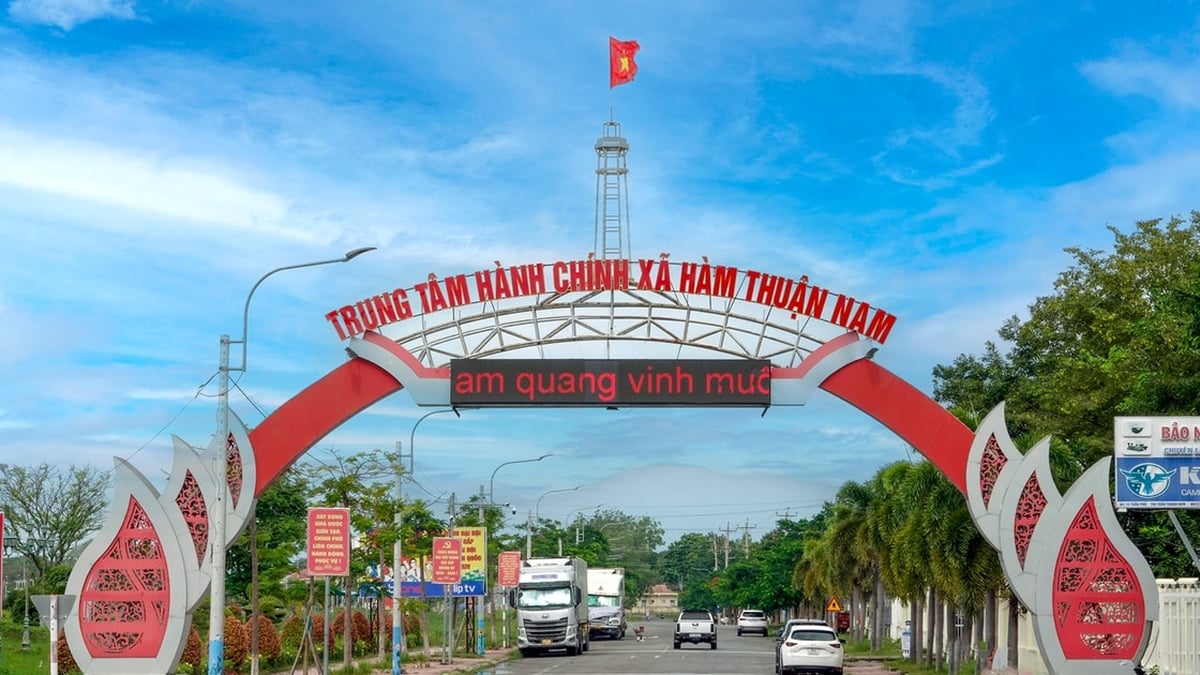
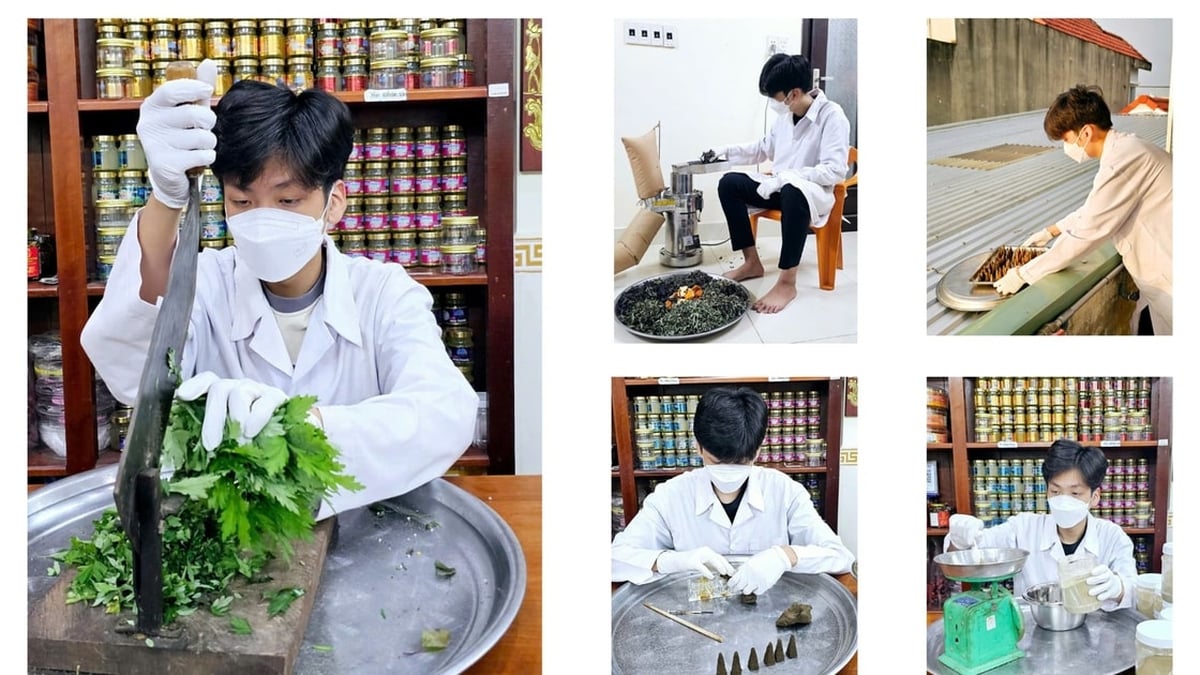























































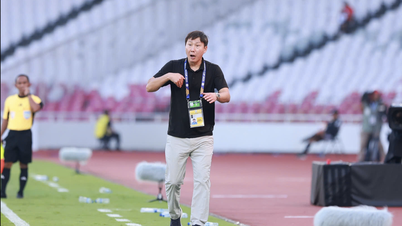








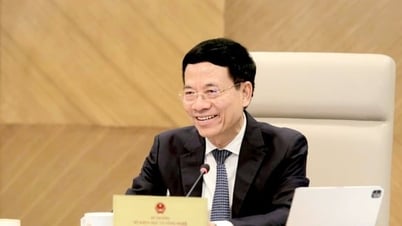

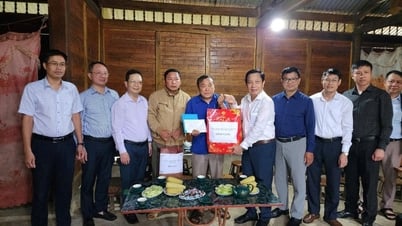
























Comment (0)